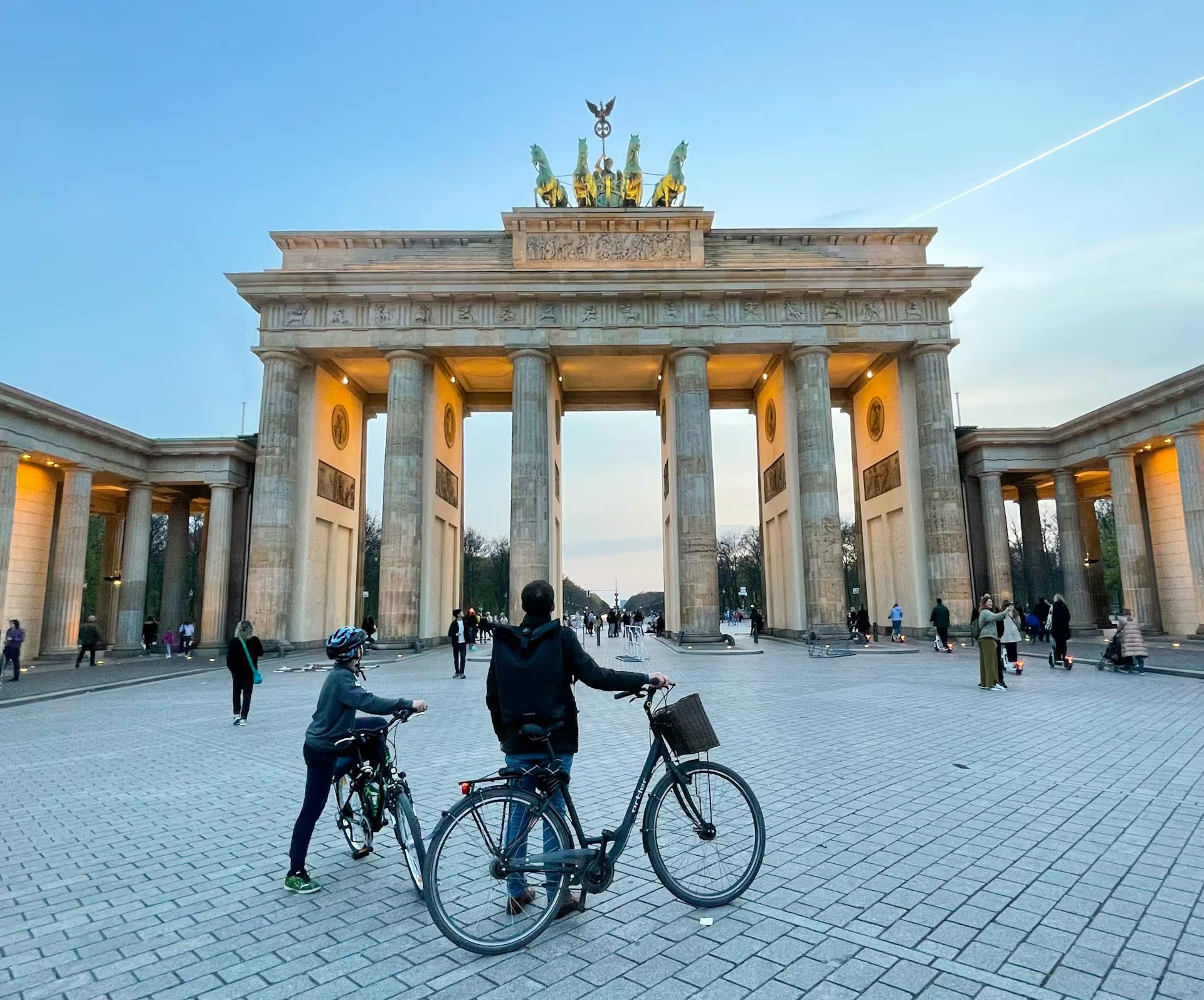
As with any country, Germany has several public holidays that are significant not only to its history but also to people’s faiths and backgrounds. The 9 public holidays that Germany celebrates nationally will give you days off from both school and work, but if you’re fortunate, you might be subject to some regional days off, too!
From New Year’s Day to Labour Day to the Day of German Unity, you can expect to enjoy plenty of public holidays while living in Germany. Whether you’re curious about German culture or looking ahead to see what days off you will enjoy, let’s explore the first set of public holidays: religious holidays.
Religious Public Holidays in Germany
While Germany practices a separation of church and state, that doesn’t mean that religious holidays, like Easter and Christmas, are not protected as days off throughout the year. With a significant portion of their population practising Christianity, German residents and citizens enjoy holidays off for the following religious public holidays in the country:
- Good Friday (Karfreitag): Friday before Easter
- Easter Monday (Ostermontag): Monday after Easter Sunday
- Ascension Day (Christi Himmelfahrt): 40 days after Easter
- Whit Sunday/Pentecost (Pfingstmontag): 50 days after Easter
- Christmas Day (Erster Weihnachtstag): December 25th
- 2nd Christmas Day (Zweiter Weihnachtstag): December 26th
These holidays are among the most important to Germans and involve notable activities and celebrations. Good Friday and Easter Monday entail church services for those who are practising Christians and special meals amongst family and friends. Germans will also decorate eggs and go on an egg hunt, as is customary in other parts of the world, too!
Germans also celebrate Ascension Day, the day that Jesus ascended to heaven, 40 days after Easter. Pentecost or Whit Sunday is another important holiday honouring the 50th day after Easter, mainly celebrated by Roman Catholics in Germany.
In the winter, Germans have two days off during Christmas: Christmas Day and the day afterwards, when many exchange gifts and engage in religious services if they are practising.
German National Holidays
Germany also celebrates many German national holidays that are not religious but significant to Germany’s history and culture. From New Year’s Day to the Day of German Unity, here are the national holidays you can expect to experience while living in Germany:
- New Year’s Day (Neujahrstag): January 1st
- Labour Day (Tag der Arbeit): May 1st
- Day of German Unity (Tag der Deutschen Einheit): October 3
New Year’s Day might look a little different than what some might expect. This public holiday generally entails extravagant gatherings and traditional food with loved ones. If you get together with your friends or family, you’ll enjoy an abundant meal ahead of the New Year for good luck and lots of fireworks!
Labour Day has been an official holiday for almost a century, and today, it is widely honoured as a means of pushing for workers’ rights. People generally give speeches, rally, and even meet to celebrate workers’ rights and unions.
Finally, the Day of German Unity is a national celebration honouring the day that Germany unified in 1990 after the fall of the Berlin Wall and the end of East and West Germany’s separation.
Regional Public Holidays in Germany
Aside from national public holidays, there are also other holidays that you may expect if you live in specific regions. Depending on where you reside, you can enjoy even more days off to honour German history and culture. Here are some of the regional German holidays you might experience:
- Epiphany (Heilige Drei Könige): January 6th. Celebrated in Baden-Württemberg, Bavaria, and Saxony-Anhalt.
- International Women’s Day (Frauentag): March 8th. Officially a public holiday in Berlin.
- Corpus Christi (Fronleichnam): 60 days after Easter. Observed in Baden-Württemberg, Bavaria, Hesse, North Rhine-Westphalia, Rhineland-Palatinate, and Saarland.
- Assumption Day (Mariä Himmelfahrt): August 15. Celebrated in Bavaria and Saarland.
- Reformation Day (Reformationstag): October 31. Observed in Brandenburg, Mecklenburg-Western Pomerania, Saxony, Saxony-Anhalt, and Thuringia.
- All Saints’ Day (Allerheiligen): November 1. Celebrated in Baden-Württemberg, Bavaria, North Rhine-Westphalia, Rhineland-Palatinate, and Saarland.
- Day of Prayer and Repentance (Buß- und Bettag): The Wednesday before November 23. Observed in Saxony.
If you live in Bavaria or Saxony, you may have up to an additional four to five days off just for regional holidays! However, even if you don’t live in these regions, you can always travel to experience these holidays for yourself and take part in any of the activities that take place.
FAQs
Find answers to common questions about living in Germany.
Which German holidays are paid days off?
All public holidays in Germany are paid days off for employees. These include New Year’s Day, Good Friday, Easter Monday, Labour Day, Ascension Day (40 days after Easter), Pentecost (50 days after Easter), German Unity Day (3rd October), Christmas Day and 2nd Christmas Day.
What happens if a holiday falls on weekend?
Unfortunately, in Germany, when a public holiday falls on a Saturday or Sunday, you do not receive an additional day off on the following Monday as compensation.
What are the main public holidays in Germany?
The main public holidays in Germany are New Year’s Day, Good Friday, Easter Monday, Labour Day, Ascension Day (40 days after Easter), Pentecost (50 days after Easter), German Unity Day (3rd October), Christmas Day and 2nd Christmas Day.
How many public holidays does Germany have?
Germany has 9 national public holidays with most of them being religious holidays. Some federal states also have regional public holidays, where their residents might enjoy an extra 4 days off.
Do all German states have the same holidays?
All German states share the main national holidays. However, some German states like Bavaria and Baden-Württemberg have a few more regional public holidays.
Are shops closed on German public holidays?
Yes, all shops and stores remain closed on German public holidays, just like on Sundays.
Get Your Visa-Ready Package
Start your journey to Germany with our all-in-one visa solution tailored for your needs.
More About Living in Germany
From seasonal weather patterns to festive traditions - everything you need to know about life in Germany




